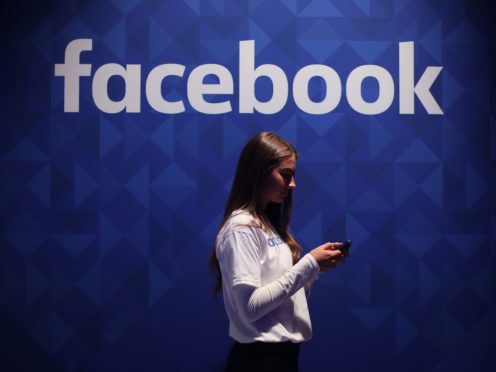Facebook has faced renewed criticism over political advertising on the platform after journalists easily undermined new transparency initiatives to pose as politicians and a banned organisation.
Adverts carrying the new “paid for by” tag and alleging to come from US senators and election consultants Cambridge Analytica, banned by Facebook after a data scandal, were approved by Facebook despite being placed by journalists in the UK and US.
Damian Collins, chairman of the parliamentary inquiry into disinformation and fake news, called the revelation “extremely worrying”.
He said: “It demonstrates that Facebook does not have the right systems and processes in place to implement their own rules and standards.
“Transparency around political advertising is essential if public trust is to be restored in Facebook.”

The latest Facebook scandal comes just hours after Mr Collins sent his third letter to chief executive Mark Zuckerberg asking him to give evidence to Parliament about disinformation on the platform, this time as part of an “international grand committee” in partnership with Canadian politicians.
The social network, which has more than two billion users worldwide, introduced a new transparency policy in October making it compulsory for advertisers to disclose who paid for any advertisements related to political issues.
But in a story published on Wednesday, Business Insider detailed how journalists set up fake political adverts using materials from the Vote Leave and BeLeave Brexit campaigns and supposedly “paid for by” Cambridge Analytica.
The adverts targeted Facebook users in London for two days before they were removed.
A Facebook spokesman said: “This ad was not created by Cambridge Analytica. It is fake, violates our policies and has been taken down.
“We believe people on Facebook should know who is behind the political ads they’re seeing which is why we are creating the Ads Library so that you can see who is accountable for any political ad. We have tools for anyone to report suspicious activity such as this.”
The adverts, which Facebook recognises as fake and not paid for by Cambridge Analytica, still appear in the Ads Library as “paid for by Cambridge Analytica”.

On Tuesday, Vice News reported its journalists had successfully run Facebook adverts “paid for by” 100 US senators, one week before America’s midterm elections.
The new transparency measures were announced on October 15 and Facebook said enforcement would start on November 7, but the same policy has been in place in the US since May.
Mr Collins continued: “The revelation of yet more gaping holes within their advertising system does not demonstrate to me that Facebook are doing all they can to move beyond a troubling year.
“The ability of parliaments around the world to properly scrutinise Facebook, on areas such as these, are just one reason why Mark Zuckerberg should agree to appear in front of the international grand committee we will be convening in London on 27th November.”
The letter to Mr Zuckerberg, co-signed by Mr Collins and Bob Zimmer, chairman of the Canadian parliament’s committee on access to information, privacy and ethics, asks the multi-billionaire to respond by November 7.
